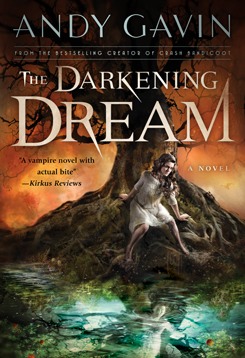 Title: The English Patient
Title: The English Patient
Author: Michael Ondaatje
Genre: Literary Historical Drama
Length: 82,000 words, 300 pages, 162 min
Read: Spring, 2010
Summary: Lyrical.
I had seen the film when it came out (and several times after) and it’s long been one of my absolute favorites. So to that effect the novel has been sitting on my shelf for over ten years waiting to be read and this spring I finally got around to it. In some ways I’m glad I waited because I wouldn’t have appreciated the prose as much years ago. The voice, told in lightweight third person present, and lacking nearly all mechanical constructs (like dialog quoting or tagging, preamble explanations of scene transitions, etc.) has a breezy lyrical quality to it. It can only be described as delectable. There is a feel of watching a beautiful but flickery film, a series of stuccato images flash through your head as you read it. It’s worth quoting to illustrate:
“She stands up in the garden where she has been working and looks into the distance. She has sensed a shift in the weather. There is another gust of wind, a buckle of noise in the air, and the tall cypresses sway. She turns and moves uphill towards the house, climbing over a low wall, feeling the first drops of rain on her bare arms. She crosses the loggia and quickly enters the house.”
The plot — such as it is — involves a war battered Canadian nurse lingering in Italy at the close of WWII. She has isolated herself in a half destroyed villa and cares for a mysterious burn patient who is dying and too fragile to move. The book focuses on the nurse as its protagonist, concentrating on her relationship with an Indian (via the British army) bomb disposal tech and her efforts to come to terms with the war and loss. The patient slowly unravels his own tale to her. It is his story, set mostly in Egypt before and during the start of the war, which is the primary focus of the movie. In the book it serves more to offset and focus the nurse’s point of view.
I am blown away by the effort of translating this book for the screen. Frankly, although I loved the novel, I like the film better — this is rare. Anthony Minghella managed the near impossible, translating this gorgeous prose into an equally lyrical visual style. It’s less stuccato, more “lush and languid.” Film is a more linear medium, and Minghella focuses the story to create grander more visual arcs. To do this, he expanded the patient’s epic story of love and loss in pre-war Egypt. I’m a sucker for Egypt, the exotic, the British Empire in decay, and worlds that no longer exist. This story feels bigger than the nurse’s, being as it is more tied in with history and international events. But in both you have a powerful sense of people fighting for their passions, both interpersonal and intellectual, despite the baggage of past choices and the buffeting blows delivered by the unstoppable forces of history.
Both variants of this story are inherently complex, ambiguous, and emotional works. Look for no answers here, just gorgeously rendered questions.



